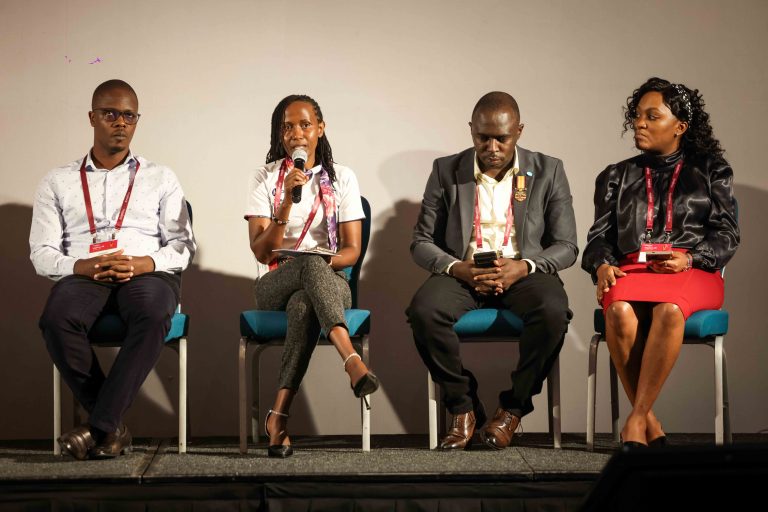
For nearly two decades, HiPipo has been on the frontline of championing digital financial inclusion through its flagship Include Everyone Program.
At the 29th Mojaloop Community meeting (MojaCom 29) held in Nairobi, Kenya, the HiPipo team led a critical conversation on the importance of last-mile interventions in advancing Inclusive Instant Payment Systems (IIPS), systems designed to make digital payments accessible to everyone, everywhere.
Under the theme “From Borders to Boardrooms: Advancing Women, Trade and Inclusion,” the team shared inspiring real-life examples from Zambia and Malawi, where over 4,000 women cross-border traders have been trained in digital and financial literacy. These traders are now confidently using digital financial services to manage and grow their businesses.
HiPipo’s Chief Operations Officer, Nicholas Kalungi, emphasized that in collaboration with the COMESA Business Council (CBC) and other regional stakeholders, HiPipo has spent the past year laying the groundwork to make IIPS the backbone of regional integration.
“Through HiPipo’s Include Everyone Program, we are building readiness on the ground, equipping FinTechs, empowering women innovators, and supporting cross-border traders,” Nicholas said.
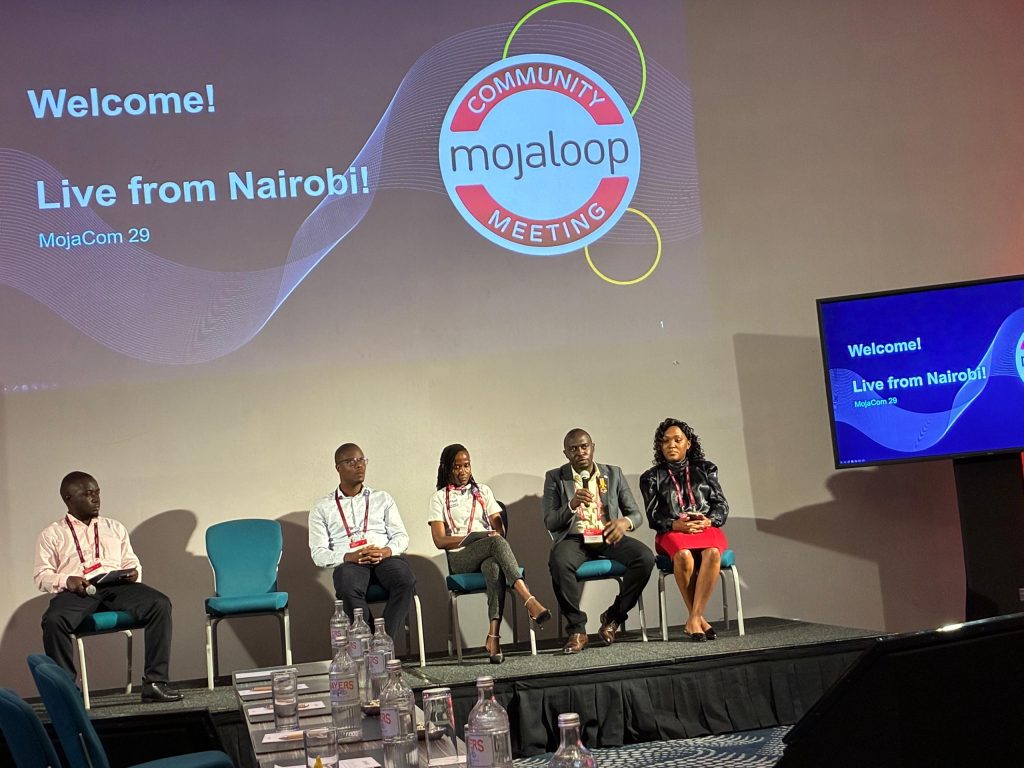
“For me, this is proof that policy, infrastructure, and community preparedness must work hand-in-hand. That is the only way to sustain adoption and unlock the full economic transformation that IIPS can deliver.”
HiPipo CEO Innocent Kawooya urged innovators to look beyond the technology and see the human impact of inclusion.
“When we talk about inclusive instant payment systems, we must see beyond the pipes and platforms,” Innocent said.
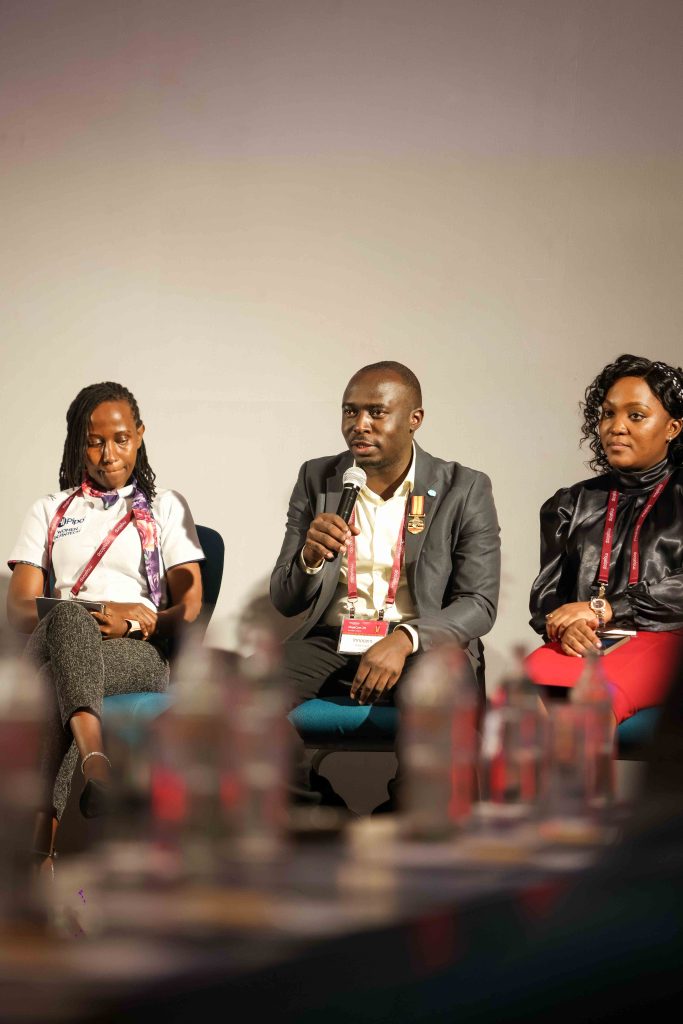
“For me, IIPS is the last-mile hook; the moment where technology becomes dignity for a mother trader, where a safe transaction translates into food security, and where inclusion turns into health, wealth, and opportunity. At HiPipo, our mission has always been to ensure these systems serve people, not just institutions. That is the future we must fight for together.”
HiPipo’s FinTech Events Manager Charlotte Neeza highlighted the organization’s sustained investment in nurturing innovators through initiatives such as 40 Days 40 FinTechs and Women in FinTech. Over the years, these programs have empowered more than 500 and 300 organizations and innovators to design localized and gender-intentional solutions that address real-world challenges.
“Inclusion means that women innovators and cross-border traders can see themselves in the digital economy, not as outsiders looking in, but as leaders shaping its future,” she said.
Meanwhile, Joseph Kimbowa, HiPipo’s Chief Content Officer, revealed that among participants in the 2025 Include Everyone Project in Zambia and Malawi, 68% of FinTechs reported developing gender-intentional products as a direct result of HiPipo’s support. HiPipo recognizes that persistent barriers, especially those faced by women, continue to slow the realization of fully inclusive payment systems. Our ongoing advocacy and training efforts aim to close these gaps and build the confidence and capability needed for everyone to participate in the digital economy.
“From our work in Uganda, Zambia, Kenya, and other COMESA countries, we see that the biggest challenges are not just technical; they’re about trust, identity, and access,” noted Doreen Nanfuka, HiPipo’s Senior Programs Officer.
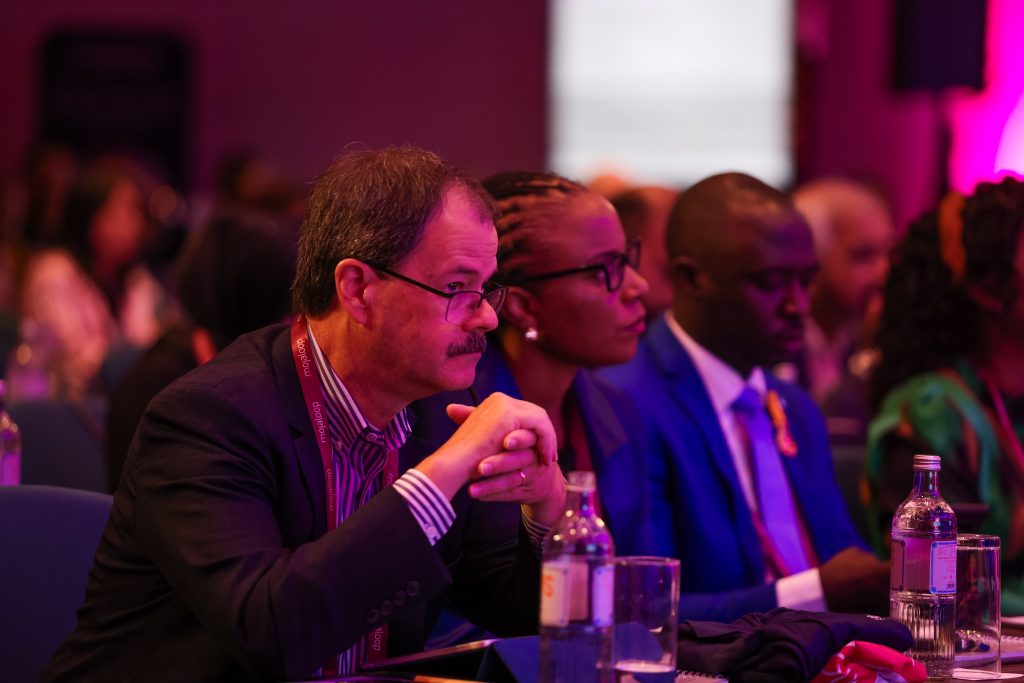
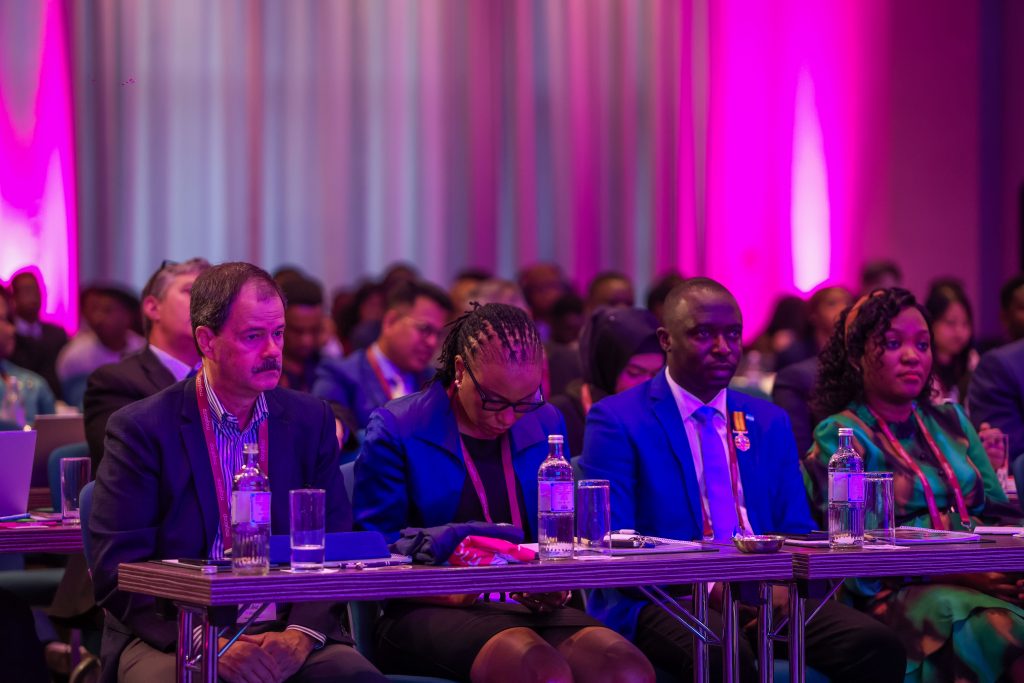
“Many merchants still operate informally, which complicates KYB and onboarding processes. Payment providers each have different compliance steps, and cross-border inconsistencies make it even harder. This slows down the adoption of instant payments among the very groups who need them most.”
As the digital economy continues to grow across Africa, HiPipo remains steadfast in its mission to ensure Inclusive Instant Payment Systems become not just technological tools, but instruments of dignity, equality, and economic transformation for all.